Psychomotor Exams

National Registry psychomotor examinations are standardized examinations administered in a variety of locations across the United States. EMR and EMT psychomotor exams are coordinated by either the State EMS Office or by educational institutions under authority of the state. All advanced level psychomotor exams (Advanced EMT and Paramedic) are authorized and monitored by an official National Registry Exam Representative.
Candidates should begin their search for an examination site by contacting the course instructor. Instructors should be able to guide candidates to the closest recommended exam site. A current listing of scheduled Advanced Level examination sites are provided on the Find A Psychomotor Exam page. If a candidate lives in a state that offers the examination as part of their licensure process, the state may chose to close the examination to residents of other states. If examinations are listed in a state, call the state EMS office and ask them when and where you can take the next psychomotor examination. Note: For initial state licensure requirements, some states only accept psychomotor examinations administered in their states.
EMR and EMT Exams
EMR Psychomotor Exam
EMR psychomotor examinations are not administered by the National Registry. All EMR psychomotor exams are administered by either the State EMS Office or at the training institution (with approval and oversight provided by the State EMS Office). Contact your instructor or State EMS Office about the format and logistics of completing a state-approved EMR psychomotor exam
EMT Psychomotor Exam
EMT psychomotor examinations are not administered by the National Registry. All EMT psychomotor exams are administered by either the State EMS Office or at the training institution (with approval and oversight provided by the State EMS Office). Contact your instructor or State EMS Office about the format and logistics of completing a state-approved EMT psychomotor exam

